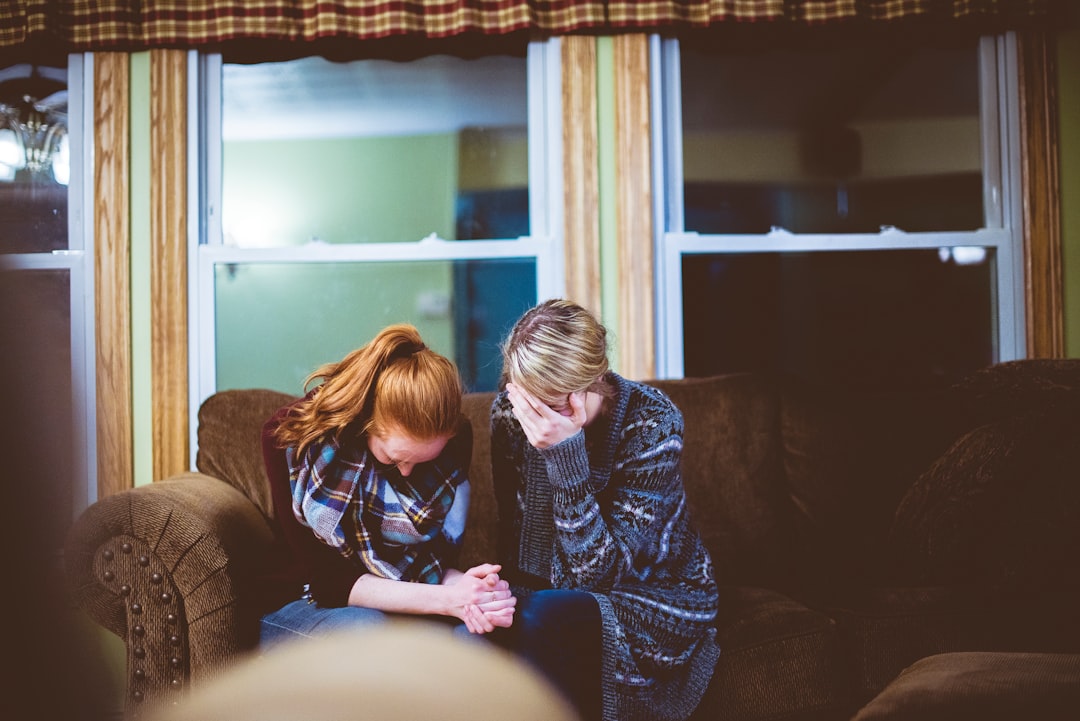One unpleasant side effect of a long life is losing people you love. Parents, spouses, close friends, siblings, or others whom you treasure most will run their course before you complete your own.
Grief comes in many forms. Elisabeth Kubler-Ross’s five stages of grief – denial, anger, bargaining, depression, and acceptance (as brilliantly summarized by Homer J. Simpson) – are useful in understanding that grief is a process, but not an accurate description of everyone’s experience of loss.
For my friend Mira, the mourning for her 89-year-old mother began before she died, “when she made a conscious decision that she didn’t want to live anymore.” It was a decision totally out of character for a woman, always a fighter, who had survived the Holocaust and gone on to live an active, productive life. “In a sense, we said our goodbyes then,” Mira says. “Helping her die was part of the grieving.”
There are rituals for mourning, but they only cover the first days. In the Jewish tradition, the funeral is followed by a seven-day period when the family of the deceased “sits shiva,” remaining at home to accept the condolences of the community. For Mira, that week was too distracting for mourning. “It was a whirlwind,” she says. “It was all about implementing my mother’s wishes. Then the visiting hours were unending. People wanted to see photographs, to hear about her life, and to provide comfort. It was overwhelming.”
Only when the shiva period ended “did I really start mourning. There are still moments when I get teary. Mother’s Day was difficult. There was this feeling that something was missing.”
Meanwhile life went on. “I had to go back to work. I was there, but not fully there. I’m not who I was before she died.”
Alternative Ways of Healing
Grieving is intensely personal. Everyone has to find their own way to absorb loss and move beyond it. Those who find traditional mourning customs unsatisfying have other options. The Modern Loss Handbook by Rebecca Soffer offers platitude-free advice about going forward while honoring your memories, with exercises and suggestions for creative activities. And if you’re ready to break through the walls of your comfort zone, here are some out-of-the-ordinary approaches to consider:
Grief Yoga – a practice offered online in 30- to 60-minute sessions designed to release pain and tap into unresolved feelings.
The Grief Cruise - sail for seven days with others who are experiencing loss, and take part in arts and crafts, meditation, and a “night of remembrance.”
Splatter Painting – when language fails, grab a paintbrush and fling paint on a blank canvas and don’t worry about the mess.
Also be aware that while most people process their grief in a matter of months, up to 10% of the bereaved become stalled before they reach the final stage of acceptance and integration. This year the Diagnostic and Statistical Manual of Mental Disorders (DSM-5-TR) added prolonged grief disorder to its list of disorders.
How To Be Supportive
“It’s the oddest thing when someone you love dies,” writes Jan Peppler, who writes a perceptive and provocative newsletter called Finding Home. “It seems like the world should stop, if only for a moment. Everything is upside down and yet somehow the earth keeps spinning. People carry on while you feel temporarily frozen, suspended in time.”
When a friend loses someone dear, we come to the funeral, send a card, visit to offer condolences, bake a cake. Then, for us, the moment has passed, and life returns to normal. For the bereaved, it is far from over.
To be truly supportive of those in grief, try to be there for them in the weeks and months after the funeral. All appearances to the contrary, life for them has not returned to normal.




Don, thanks for posting this. As many of you know, I’m a pediatric palliative care doctor and pediatric oncologist. After my fellowship in palliative care at Emory I set up an adult program in an affiliated hospital. This was possible because our Board is through the American Board of Internal Medicine and covers all ages.
I noticed right away that many, if not most, patients have an internal clock. Although adult children and close friends may push for the loved one to “fight” or go to Rehab or do one more round of chemo, those pleas don’t change the clock. I quickly learned how to guide family members to accept this to fulfill the patient’s deep wishes to let his or her life cycle to complete itself.
We also know that grief begins at diagnosis. As Therese Rando, grief expert in Rhode Island cogently wrote in 1988, anticipatory grief is a misnomer. Medical, psychical, spiritual, and social impacts start rearing their heads immediately. The proportion of each aspect varies, yet all are real.
Your piece is particularly rich in terms of describing interventions. For example, yoga addresses the phenomenon that “the body holds the stress.” I can’t help but believe that many will be comforted by what you suggest.
My grieving process began when my husband of 60 years began struggling with dementia. I lost him in bits and pieces for 5 years until he died of COVID. During that time, I was too busy keeping us going and then starting over as a single older adult to really grieve. Now, a year and a half later, the grief continues . . it lessens, but never really goes away. My life is not the same.
I appreciate Patricia's point regarding the internal clock and fulfilling the patient's deep wishes to let his life cycle complete itself. Thank you.